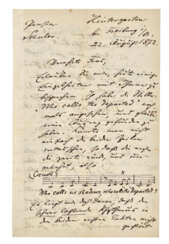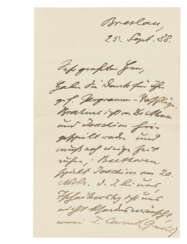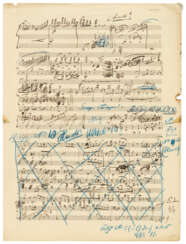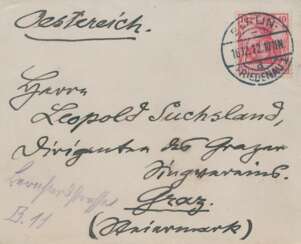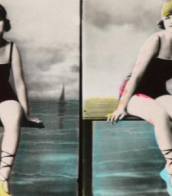max bruch (1838 - 1920)
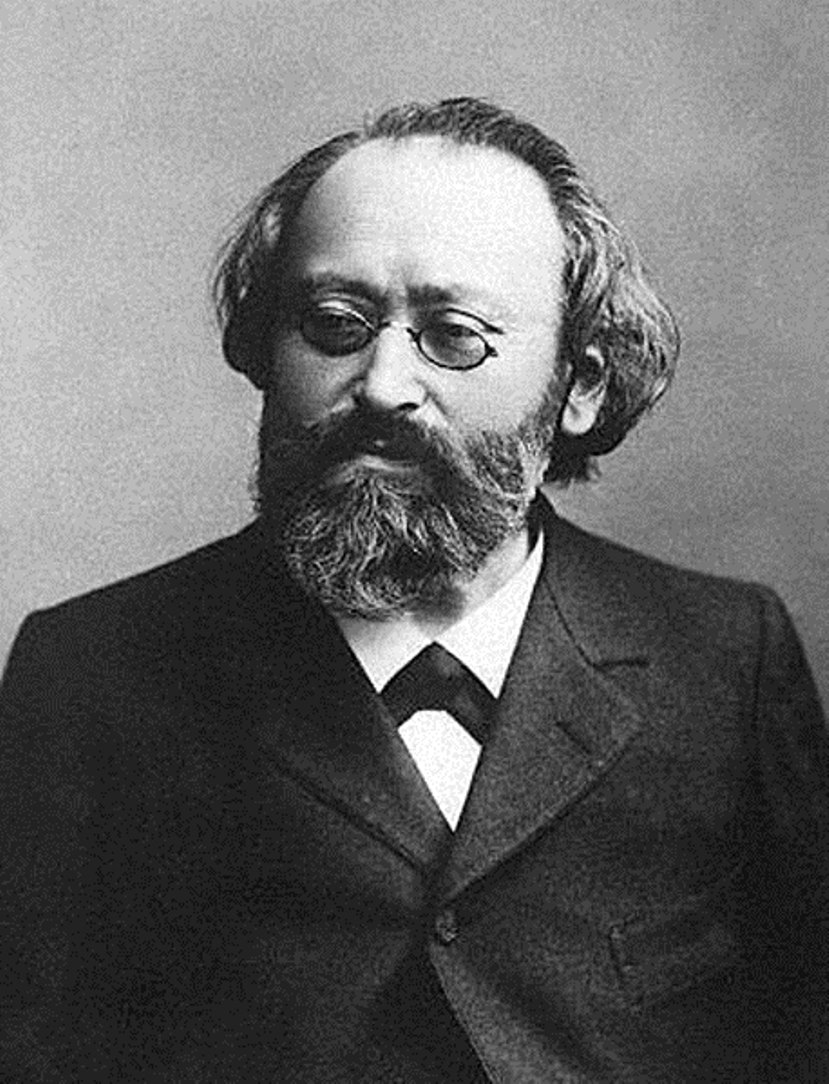
Max Bruch, full name Max Christian Friedrich Bruch, was a German composer and conductor, violinist and teacher of the late Romantic period.
Bruch studied with the composer and pianist Ferdinand Hiller (1853-1857), wrote a symphony at age 14, and won a scholarship that allowed him to study in Cologne. His first opera, Joke, Deceit and Revenge, was performed in 1858. He conducted orchestral and choral societies in Germany, England and Poland, and from 1890 to 1911 he was a professor at the Berlin Academy of Arts.
Bruch was an ambitious and prolific composer. His greatest success during his lifetime was his huge works for chorus and orchestra, Beautiful Ellen (1867) and Odysseus (1872). He was also the author of string concertos and pieces for violin and orchestra. His Violin Concerto No. 1 in G minor (1866) is one of the most popular Romantic violin concertos.


Max Bruch, full name Max Christian Friedrich Bruch, was a German composer and conductor, violinist and teacher of the late Romantic period.
Bruch studied with the composer and pianist Ferdinand Hiller (1853-1857), wrote a symphony at age 14, and won a scholarship that allowed him to study in Cologne. His first opera, Joke, Deceit and Revenge, was performed in 1858. He conducted orchestral and choral societies in Germany, England and Poland, and from 1890 to 1911 he was a professor at the Berlin Academy of Arts.
Bruch was an ambitious and prolific composer. His greatest success during his lifetime was his huge works for chorus and orchestra, Beautiful Ellen (1867) and Odysseus (1872). He was also the author of string concertos and pieces for violin and orchestra. His Violin Concerto No. 1 in G minor (1866) is one of the most popular Romantic violin concertos.


Max Bruch, full name Max Christian Friedrich Bruch, was a German composer and conductor, violinist and teacher of the late Romantic period.
Bruch studied with the composer and pianist Ferdinand Hiller (1853-1857), wrote a symphony at age 14, and won a scholarship that allowed him to study in Cologne. His first opera, Joke, Deceit and Revenge, was performed in 1858. He conducted orchestral and choral societies in Germany, England and Poland, and from 1890 to 1911 he was a professor at the Berlin Academy of Arts.
Bruch was an ambitious and prolific composer. His greatest success during his lifetime was his huge works for chorus and orchestra, Beautiful Ellen (1867) and Odysseus (1872). He was also the author of string concertos and pieces for violin and orchestra. His Violin Concerto No. 1 in G minor (1866) is one of the most popular Romantic violin concertos.
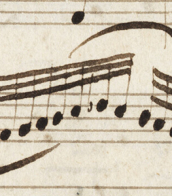
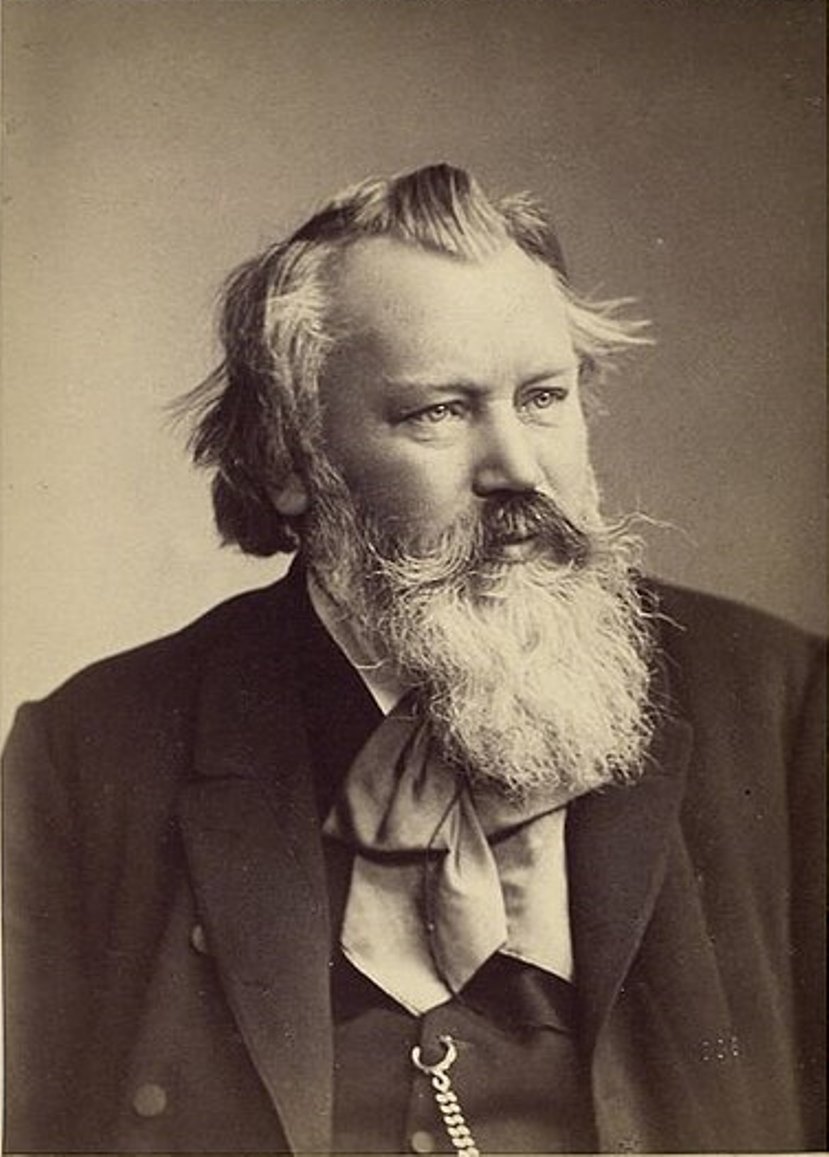
Johannes Brahms was a great German composer, conductor and pianist of the Romantic era.
Johannes showed a talent for music early on, learning to play the piano and earning a living from it; in 1850 he met the Hungarian violinist of Jewish origin Eduard Remenyi - from him he learned gypsy music, which often manifested itself in his later work.
In 1853, Brahms had a fateful encounter with the composer Robert Schumann. Schumann wrote an enthusiastic article about Brahms in a periodical, and from that moment the general public became aware of the young talent. In 1859 Brahms was appointed conductor of the women's choir in Hamburg, which gave him ample time for his own work. During this period he composed two Serenades for orchestra and a String Sextet in B flat major, and completed the Piano Concerto No 1 in D minor. A little later he settled in Vienna and directed the Singakademie choir.
In 1868 Brahms completed his most famous choral work, the German Requiem, which is still considered one of the most important works of 19th century choral music. The following year he composed two volumes of Hungarian Dances for piano duet - these were brilliant arrangements of gypsy melodies, their success was phenomenal, and they were performed all over the world.
For the rest of his life, Brahms never stopped composing works in a wide variety of genres: symphonies, concertos, chamber music, piano works, choral works, waltzes and songs. Brahms was a great master of the symphonic and sonata style of the second half of the nineteenth century, which placed him in the first ranks of German composers. He made his last concert appearance in March 1897, and died of cancer in Vienna in April.

